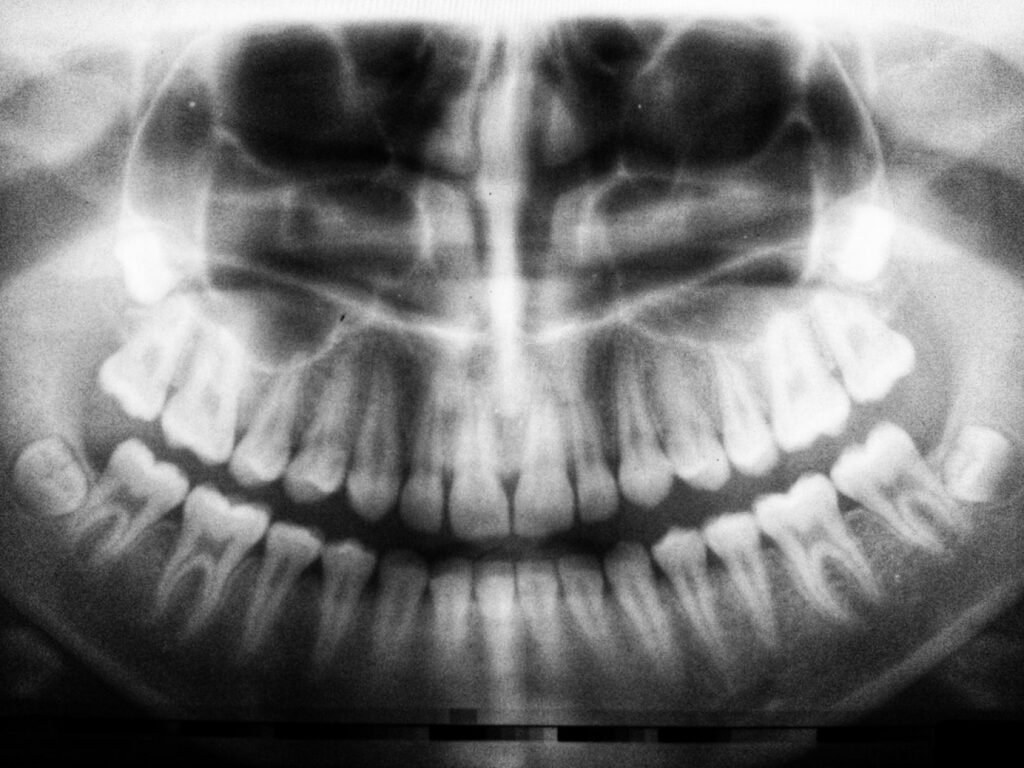
Surgery Prep
Before the operation, your dentist will give you some orders to follow. You should always listen to your dentist’s instructions. But the instructions will likely follow:
- Taking antibiotics a few days prior to the operation
- Rinsing with anti-bacterial mouthwash, such as chlorhexidine
- Eat a good breakfast the day of surgery, if not using sedation
- Fasting after midnight the day of your surgery, if not using sedation
In addition, if you’re using sedation, you’ll need someone to drive you to the dentist or you’ll need to find another way of transportation. The dentist will urge you to not drive.
Important Information to Know About the Surgery
Even though dental implants will dramatically improve your oral health and the attractiveness of your teeth, it’s normal to feel concerned or nervous. Here’s some important information to know beforehand.
Is It Painful?
This depends. You have two options with dental implant surgery
- Sedation (involving an IV)
- Local anesthesia
If you choose sedation, you’ll be sleeping throughout the whole procedure. You won’t experience anything. Local anesthesia will numb your mouth. However, it’s normal to experience a little bit of discomfort.
With this being said, most patients are fine and feel virtually no pain during the procedure.
The only real chance of pain is any pain following the surgery. Your dentist may prescribe pain medications if this is the case.
Keep in mind, you can only opt for sedation if your surgery is done by an oral surgeon.
How Long Does It Take?
Since no two patients are the same, there’s no guaranteeing a procedure length. This depends on multiple factors:
- How many teeth implants you’re getting
- Your overall dental health
- If there will be a tooth extraction
- The teeth that need replacing
Keep in mind, you may need more than one surgery if you’re getting multiple implants.
If you want a timestamp, one tooth replacement typically takes an hour or two. This includes the day-of prep.
The Dental Implant Steps
Every dental implant requires two sessions. This can take between six and nine months. Here’s what to expect during both phases.
The First Phase
First, your mouth will be numbed with anesthesia or you’ll go under the IV.
After you’re numbed or sedated, your dentist will make an incision in your gum to expose the bone. This is where your implant will go. The dentist will drill a hole inside the bone. Your implant will be inserted into the hole.
The dentist will screw the implant into the hole. This is either done with the drill or a separate tool. After the implant is in, the dentist will screw another component into the implant. This is to ensure the implant is secure.
The dentist will close your gums over the implant. This is done by stitching them back together where the incision was made.
The Second Phase
After a few months of healing, you can go back to the dentist for the second phase of the surgery.
They will re-expose the implant by making another incision in your gums. The dentist will take an impression of the implant for your new crown.
You’ll also go for additional appointments to make impressions of your teeth. This is to ensure your crown looks natural and is properly aligned.
The final appointment will be inserting your permanent crown.
What to Expect After Surgery
You’ll mainly experience changes after the first phase, though it’s helpful to keep these facts in mind after the second phase.
It’s normal to experience swelling in your gums and tissues. You may even be able to see some bruising around your gums. This will heal over time.
Your dentist can prescribe any painkillers or medications for the swelling. Start with over-the-counter medications such as Ibuprofen. If you experience pain, your dentist may prescribe painkillers.
You’ll want to schedule your work schedule accordingly for your surgery. You won’t be able to work the day of the surgery. However, most patients are able to return to work the day after.
Don’t be afraid to ask your dentist to sign a note of absence in case your mouth becomes too swollen or sore to work.
How to Maintain Your Dental Implants
You should care for your implants the same way you care for your own teeth.
Brush them twice a day. Floss and use mouthwash daily. Your dentist may recommend a different maintenance approach immediately after the surgery, always listen to their advice.
See your dentist at least every six months to check on the health of your dental implants.
Possible Complications
Though it’s unlikely, there’s always a chance something can go wrong during the surgery or healing. See your dentist if:
- Your body rejects the dental implant
- You get an infection in your gums or the bone
- Your dental implant falls off or doesn’t adhere to the bone
- You suffer from bone loss
There are common complications that are normal during the healing process.
This includes swelling, pain, and numbness around the dental implant area and even on the gums and your whole mouth. Contact your dentist if any of these issues persist.
Do You Need a Dental Implant?
Now that you know the dental implant steps, do you feel more comfortable about getting a dental implant?
Are you looking for a place to get a dental implant? If you’re in Rock Hill, SC, take a look at our dental implant services.



